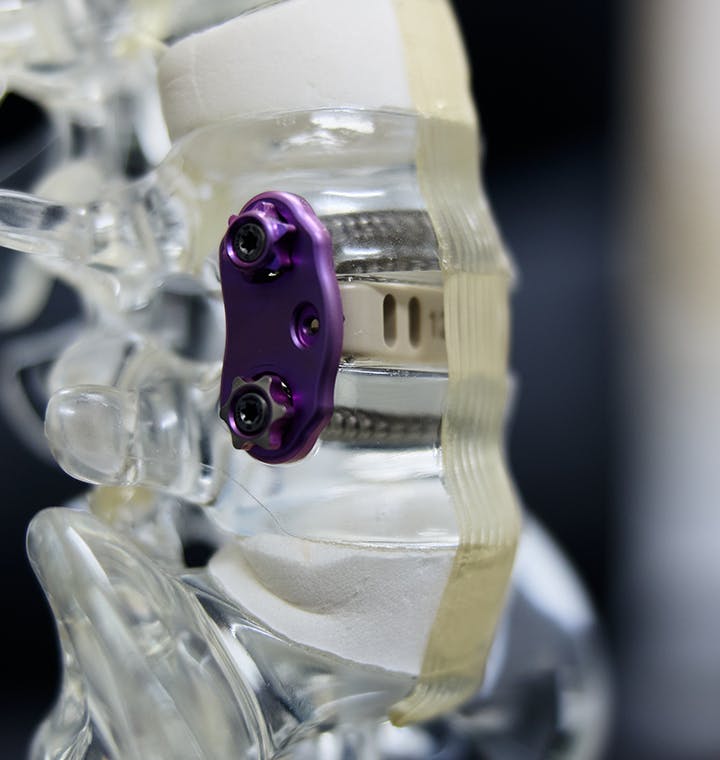Experience comprehensive care for lower back issues at our Englewood practice.
What Is ALIF?
“ALIF” refers to both the approach (anterior, or front of the abdomen) and the goal (to fuse two vertebrae in the lumbar region). A small incision is typically made on the left or right side of the lower abdominal area, allowing the surgeon to safely remove the diseased or herniated disc and insert a bone graft or a spacer. Over time, this bone graft fuses with the vertebral bodies, forming a stable union that alleviates chronic back and leg pain.
Please feel free to call us if you have questions regarding candidacy or wish to learn more about the potential benefits of ALIF.





